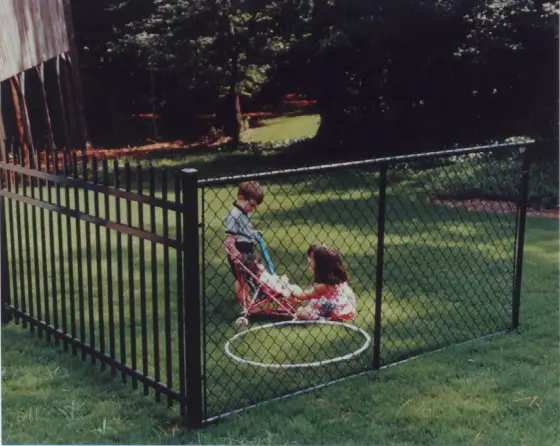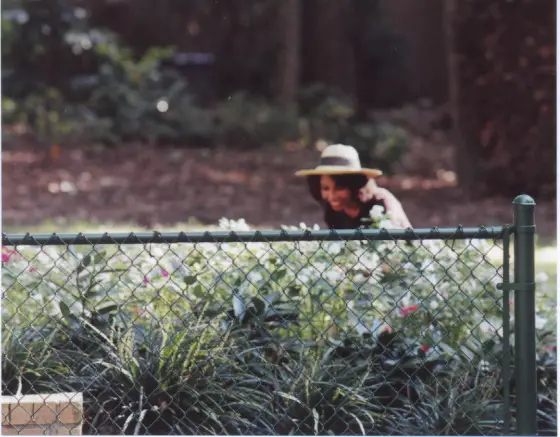Fences

Chain Link Fences
DEAR TIM: I would like to fence in my two acre lot with durable chain link fencing. When I obtain quotes from fence companies, I want them to be competitive. Are there different grades of material? What is the distance and depth that posts should be set? What about fence height? What else do I need to know to make sure that I get a top quality job? Ed P., Amesbury, MA
DEAR ED: If you want durability, you sure have selected the right material. Chain link fencing is probably the strongest fence you can buy. As for long term durability, the only thing better that immediately comes to mind would be a masonry wall. I personally don't like walls because they tend to create a fortress atmosphere. Modern vinyl coated chain link fencing allows you to still see what is on the other side of your property.
Independent lab testing has shown that not all chain link fences are created equal. They may look identical, but one fence can be far superior than the other. The wire fabric and the metal line posts and top rail come in different thicknesses. Fence salespeople and those in the industry commonly will refer to this thickness as gauge. Funny as it seems, as the gauge number gets smaller, the thickness of the material increases. High quality chain link fencing will often be constructed with fabric that is 11.5 or 11 gauge. The line posts and top rail that keeps these posts straight will have a wall thickness gauge of 15 or 16.
It is best to set the fence posts in concrete. Most residential fences will perform well if the hole diameter is 6 to 8 inches and approximately 24 to 30 inches deep. Deep holes prevent the fence from tipping over when kids try to climb it. Be sure the post holes are as wide at the bottom as they are at the top. This is very important for people who live in cold climates. If the post holes are narrow at the bottom, frost can actually pop the concrete and post out of the ground over time. Fence posts are commonly spaced at 7 to 10 foot intervals.
It is very important to make sure you compare apples to apples when shopping for fencing. A strong fence constructed with thicker materials usually only costs 10 to 15 percent more than a light duty chain link fence. A clever salesperson may show you an attractive low price, but you may be getting a loser fence. Keep in mind that the labor costs are nearly identical no matter what size material is being installed.
Chain link fences come in a variety of heights. The most common ones are 36, 42, 48, 60, and 72 inches. Make sure that your local zoning laws and sub-division covenants allow you to install this type of fencing. It is not uncommon to discover that there are fence height restrictions.

Chain link fences look and perform best when the top of the fence runs parallel with the surface of the ground. If you try to run the fence level, you can end up with holes beneath the fence or portions of the fence will be buried as they pass through high spots on the ground. Professional installers deal with these slope changes by installing terminal posts. These fence posts allow the fencing to rise and fall with the slope of your lot. Rookie fence installers or companies that try to cut corners will often ignore these very important components. Be sure you ask each salesperson where they intend to install these important terminal posts.
Don't forget to ask about the new colored chain link fencing. You can buy vinyl coated fabric that is deep green, black and brown. These fencing material blend in with the surrounding vegetation and landscaping. The fence posts and top rail are also available in colors if you purchase products from a top-flight company.
Column 324